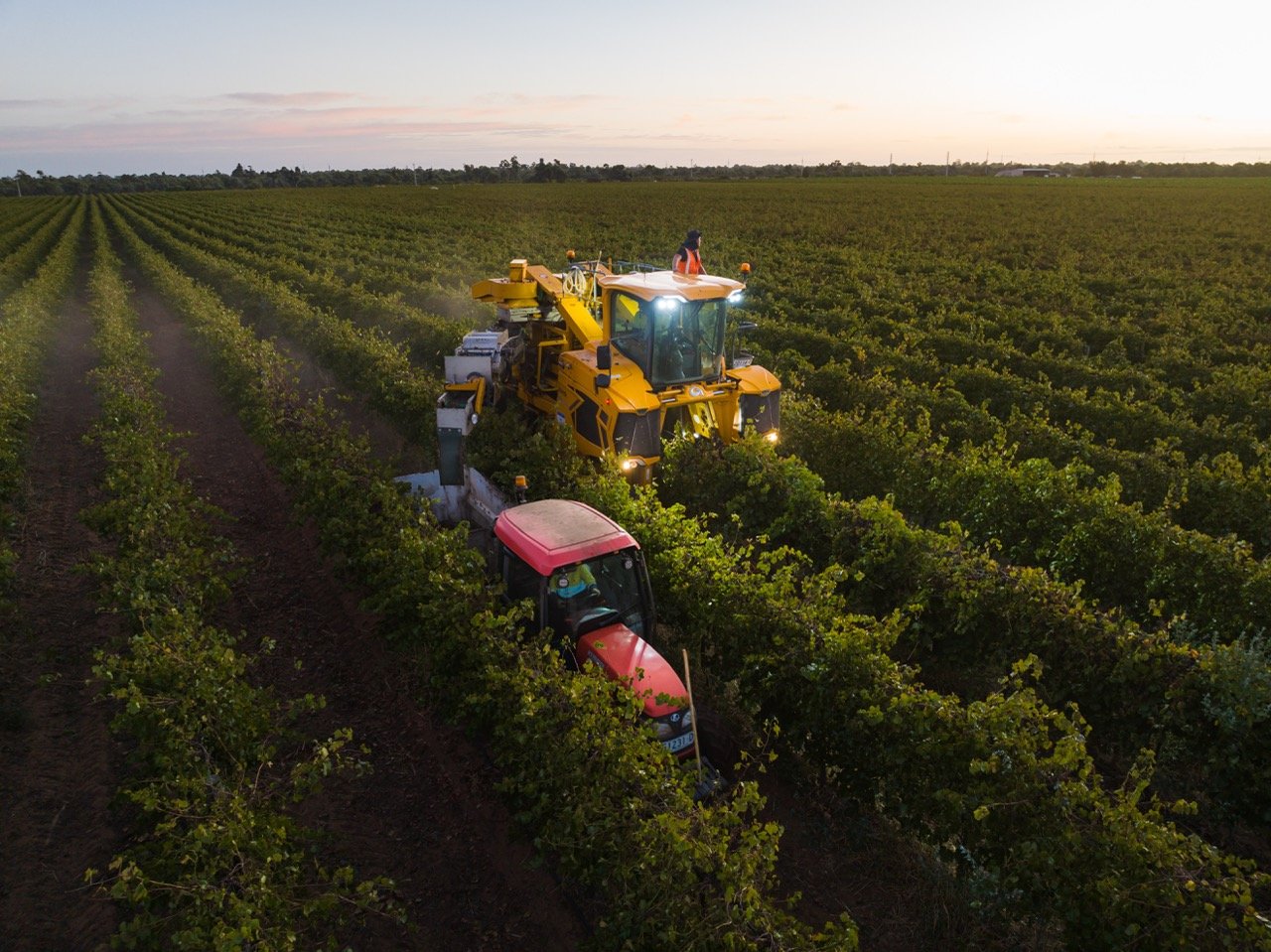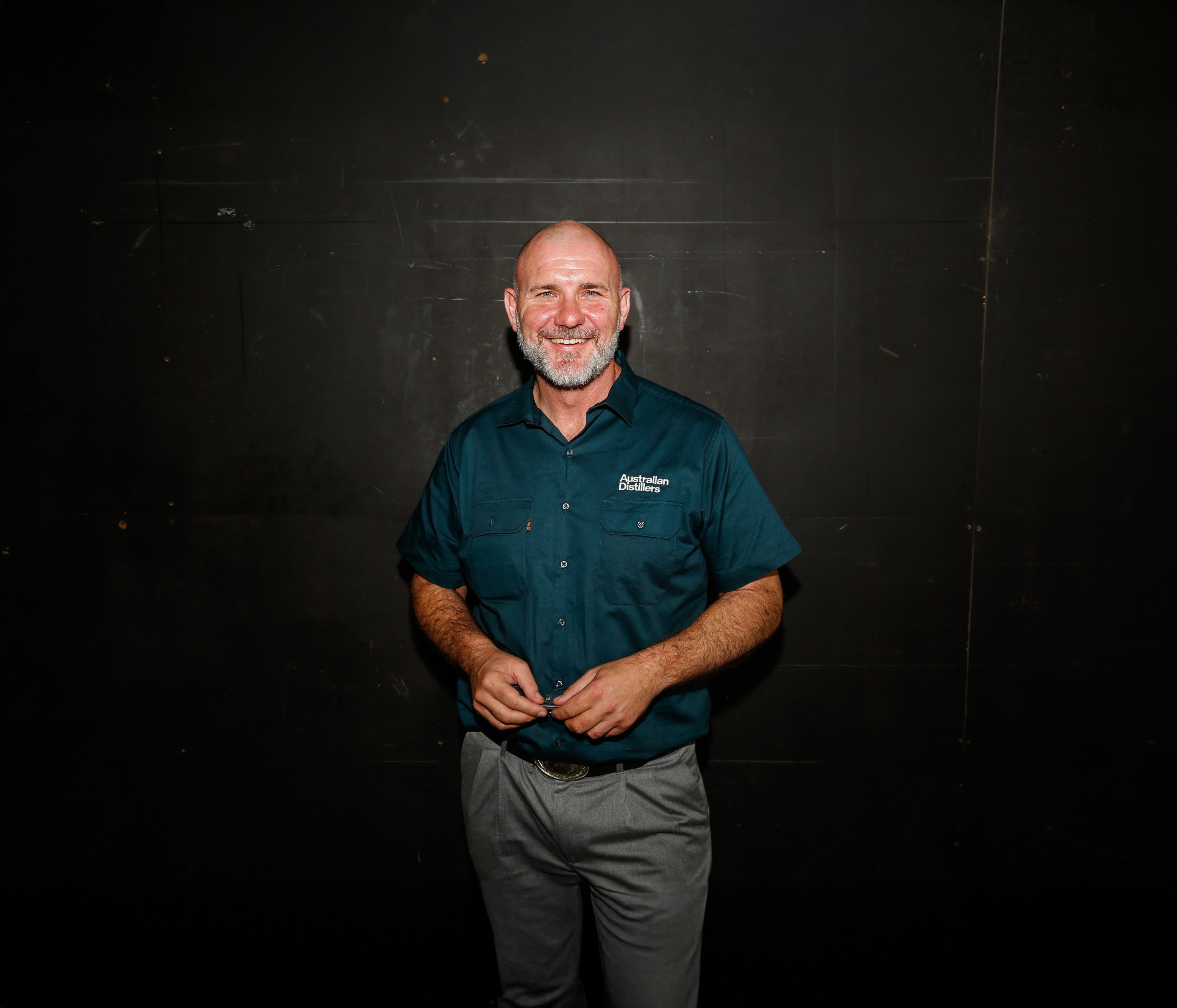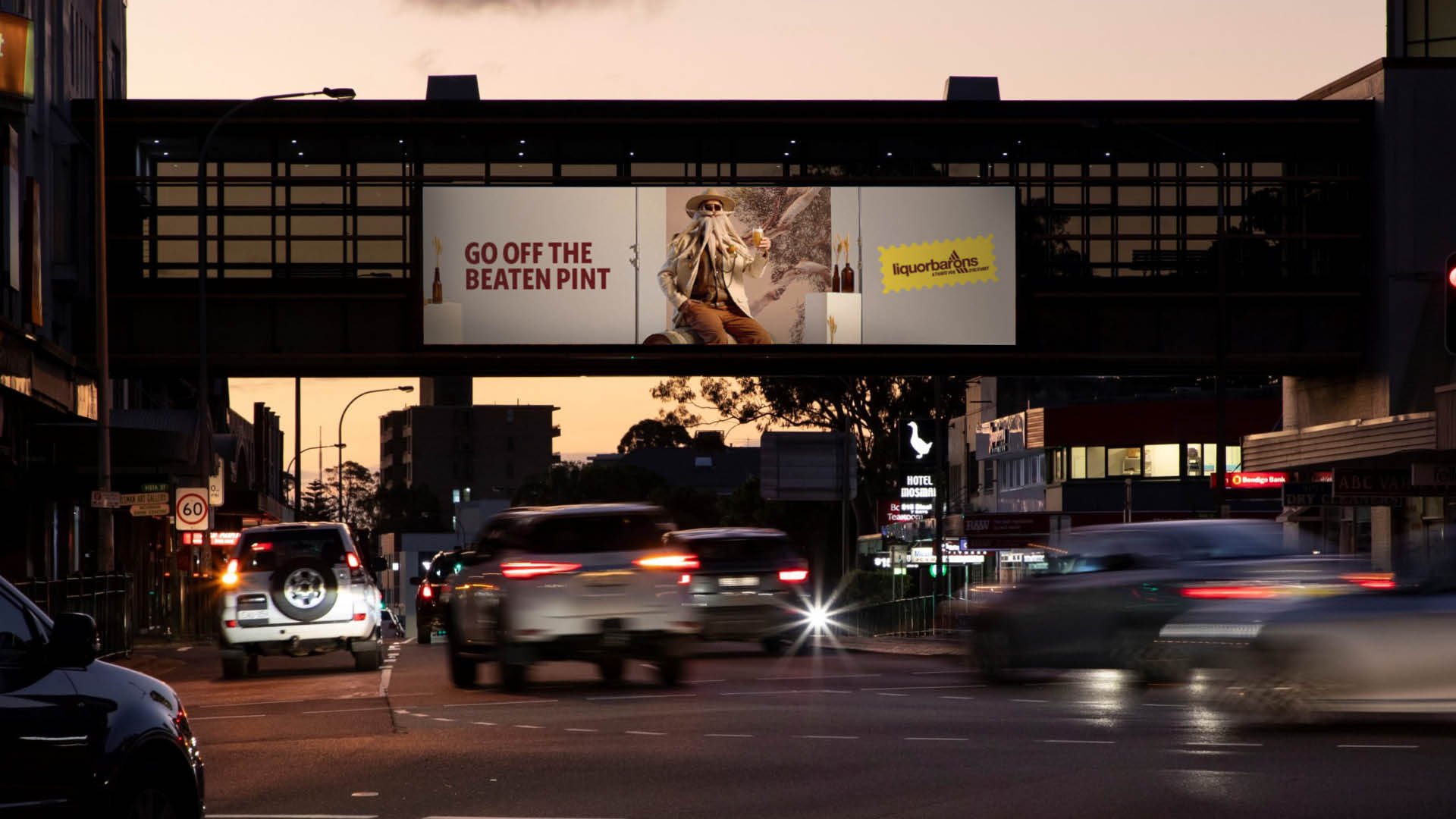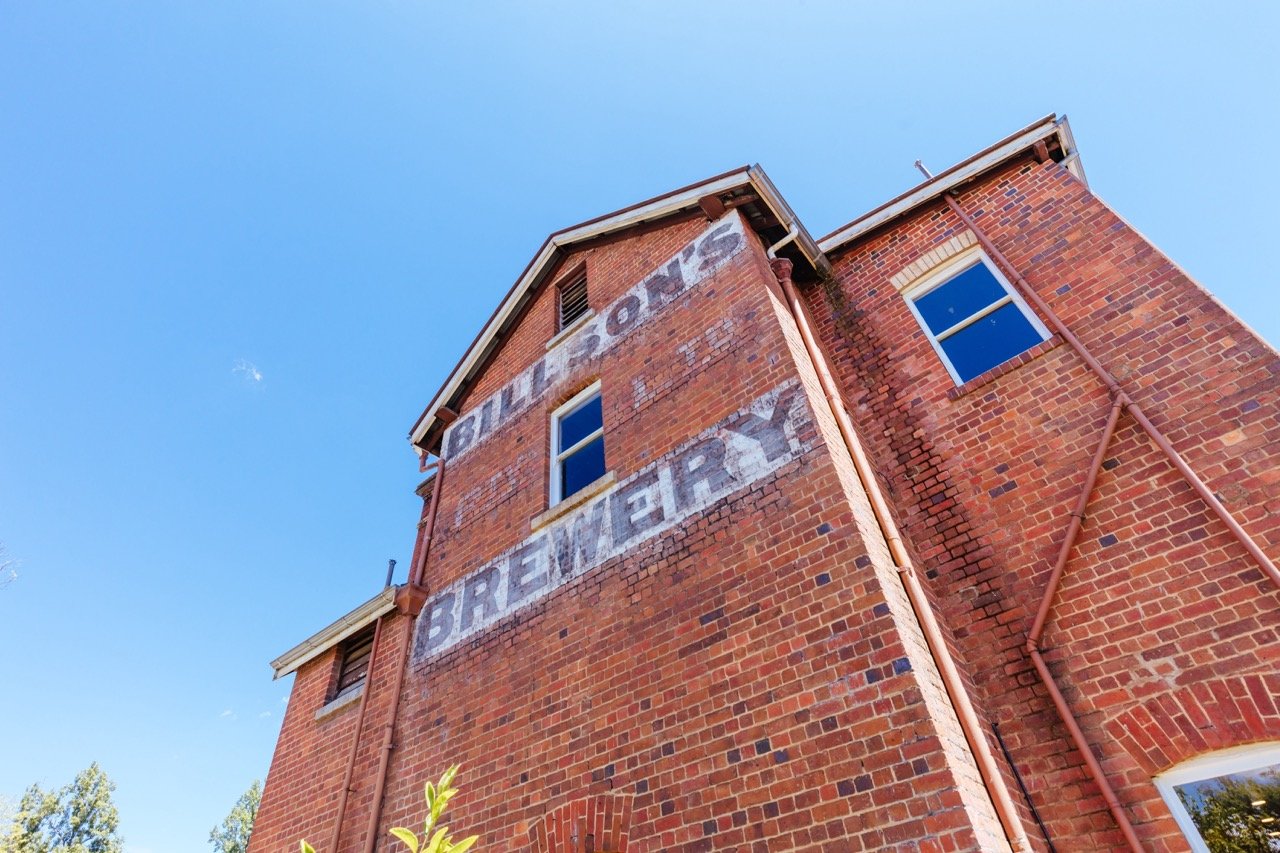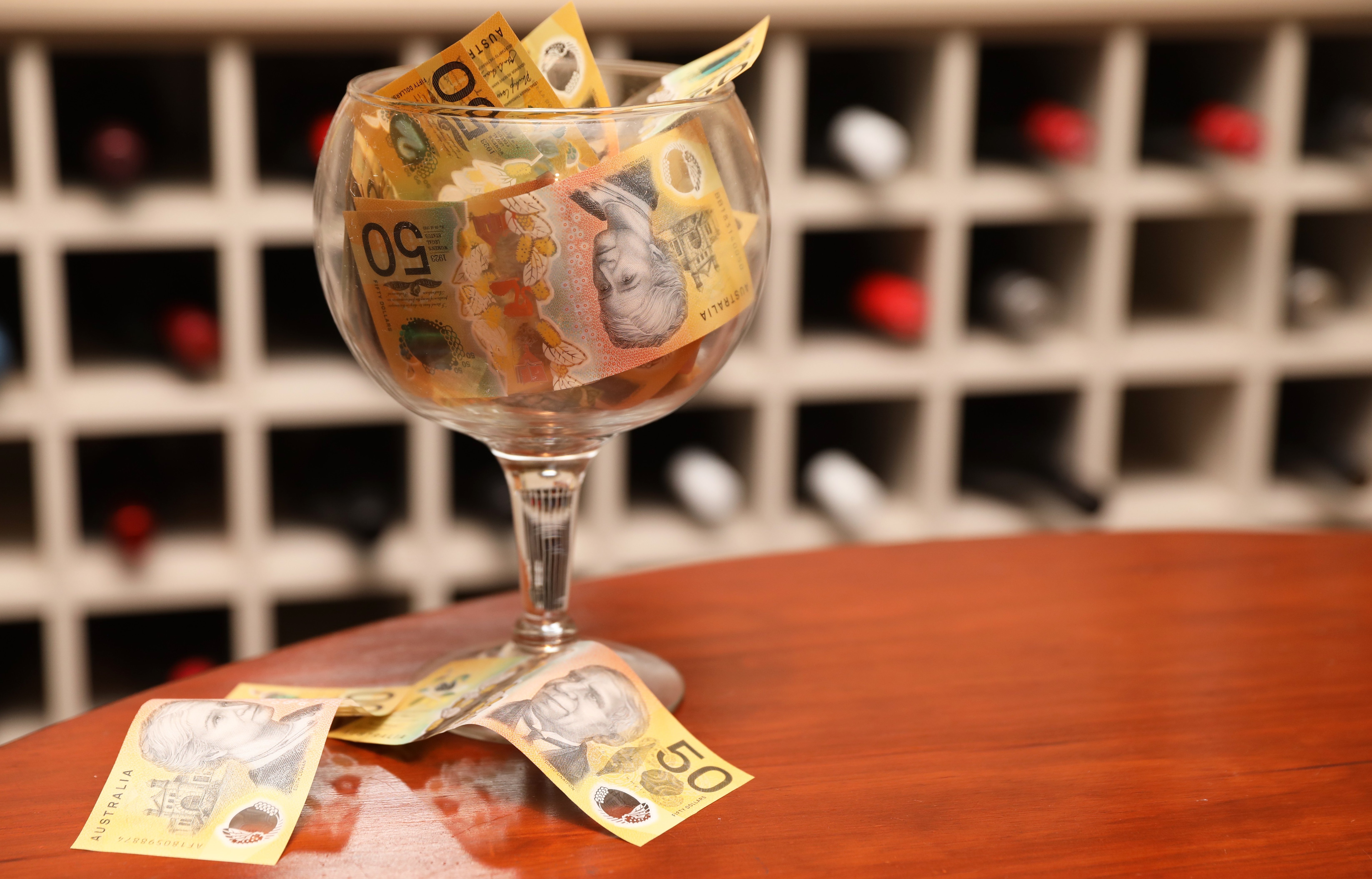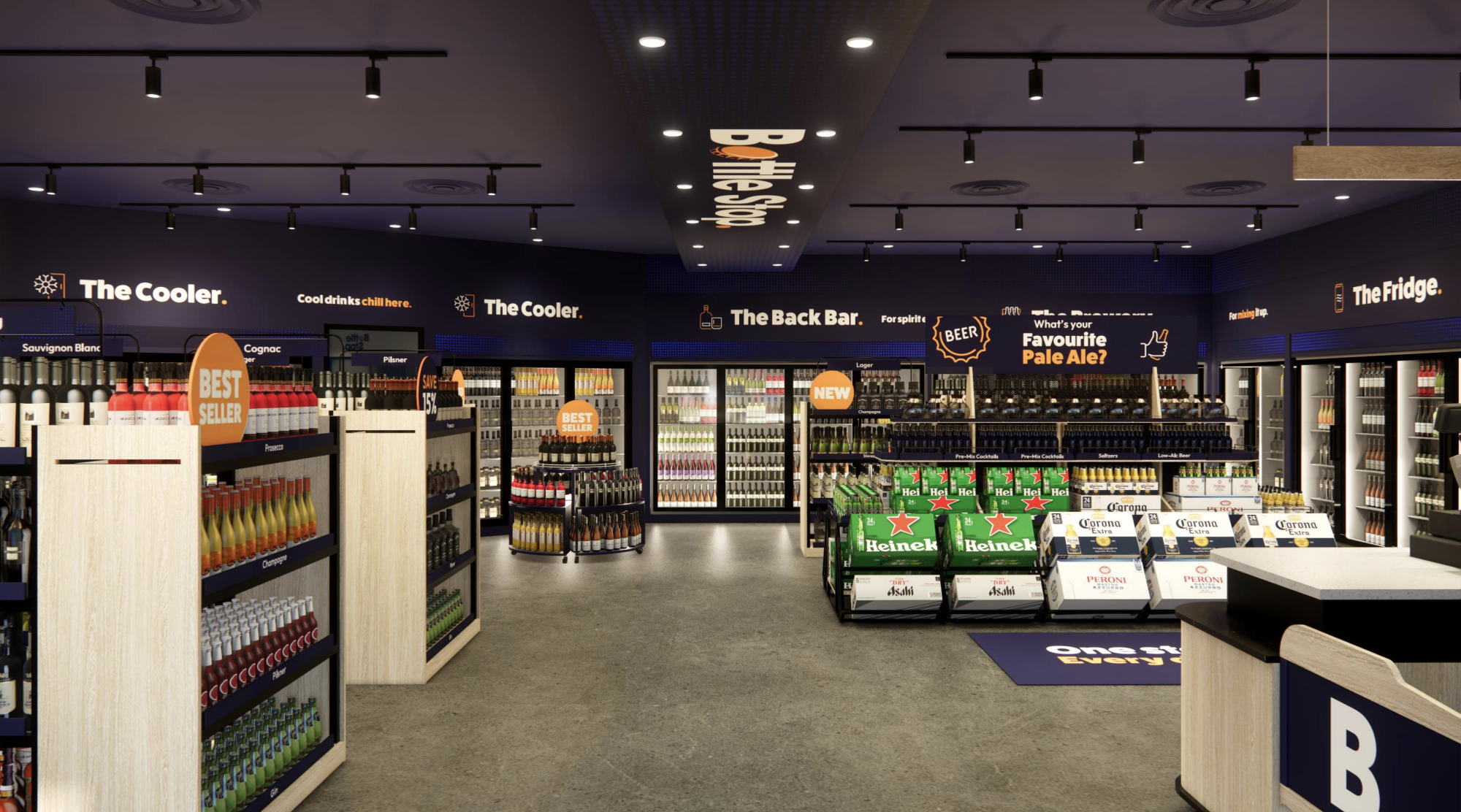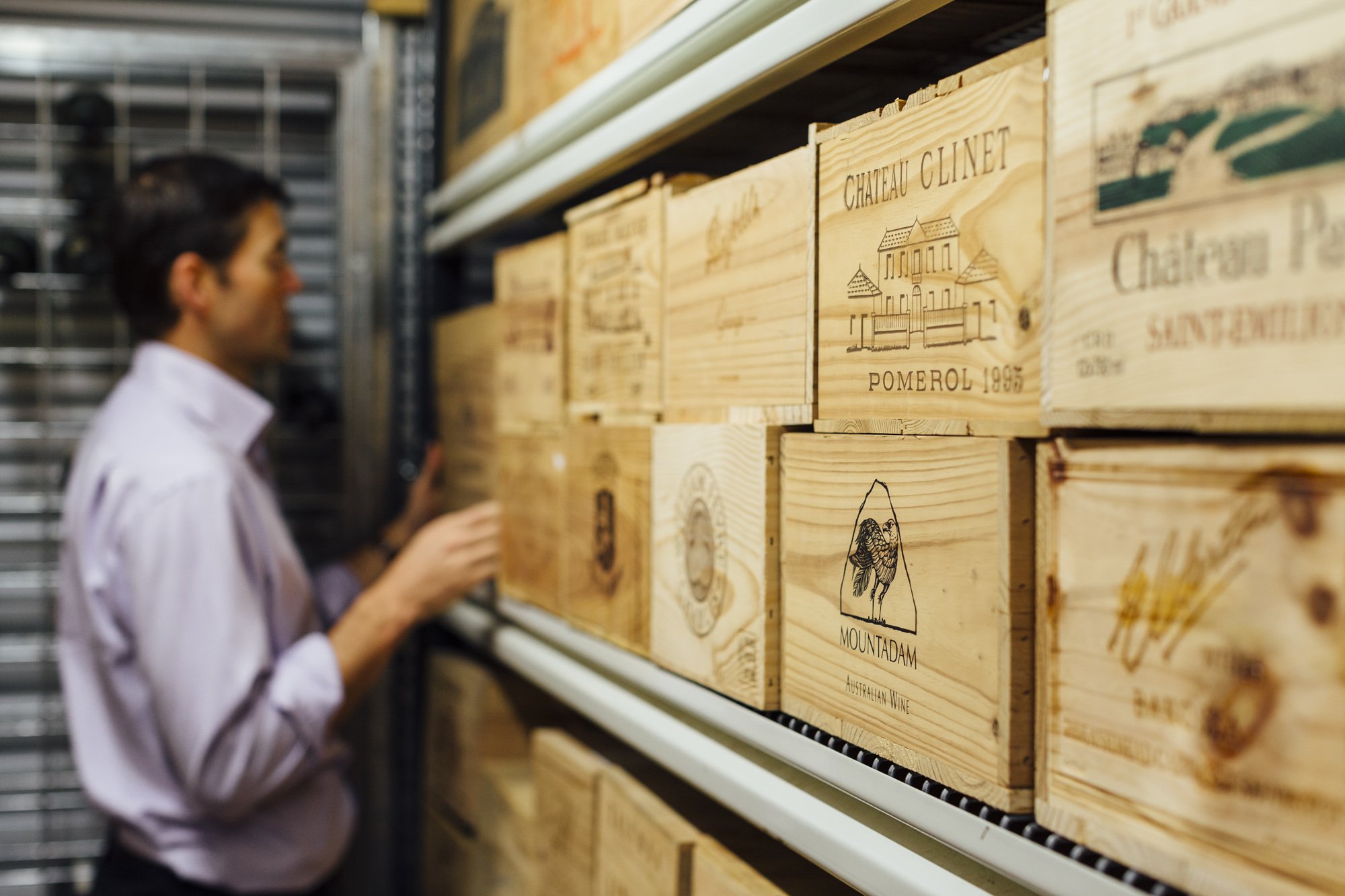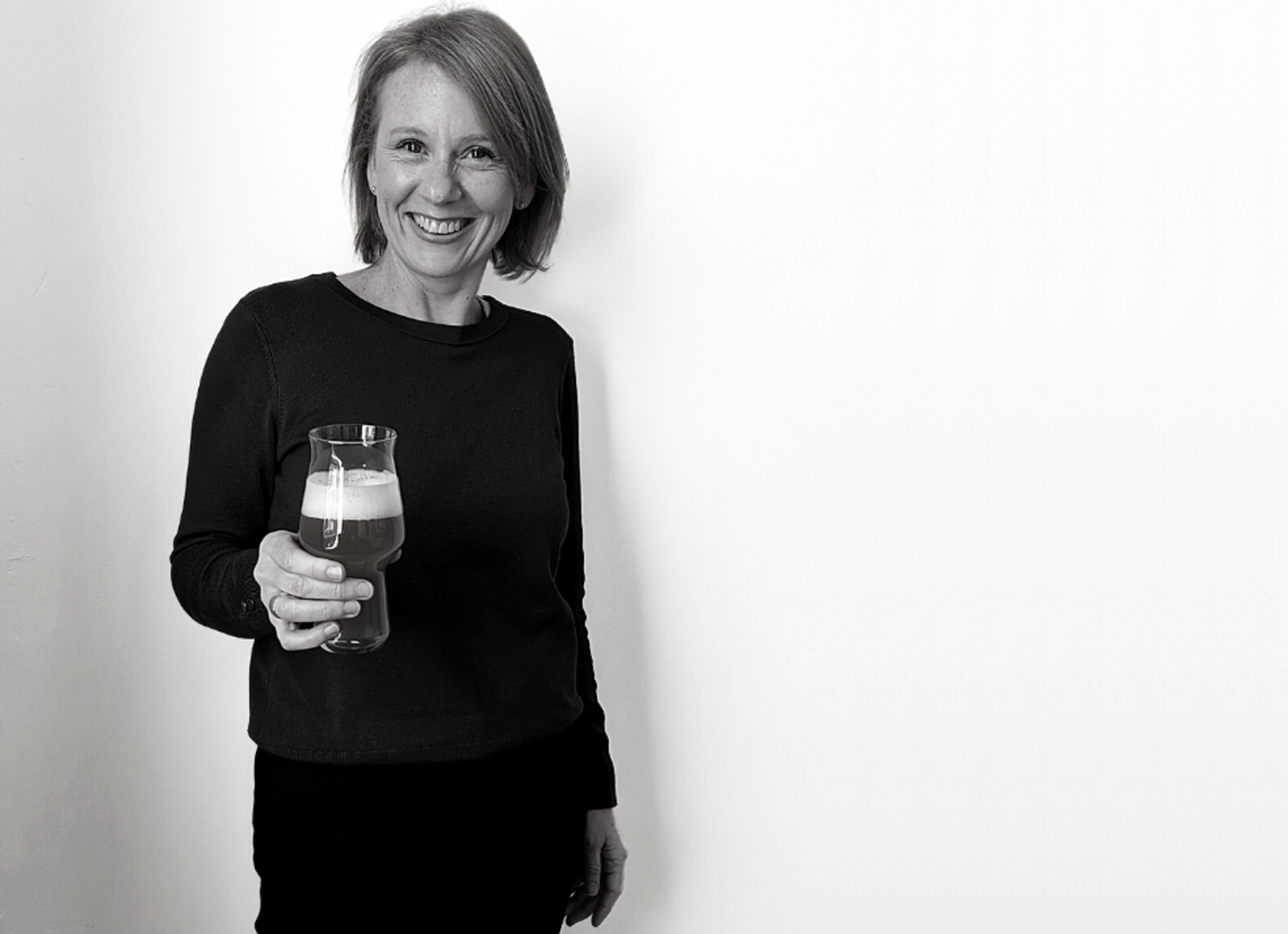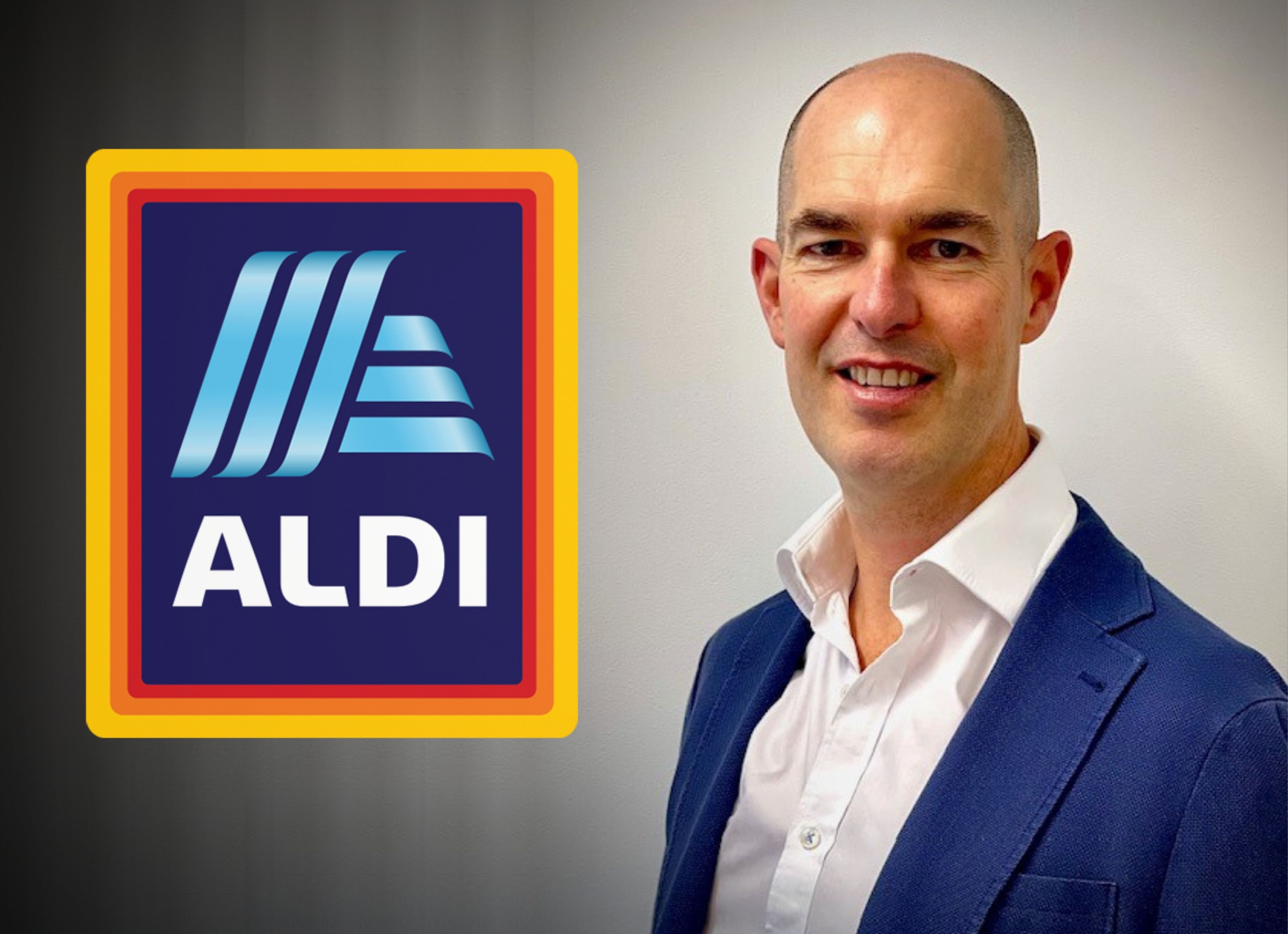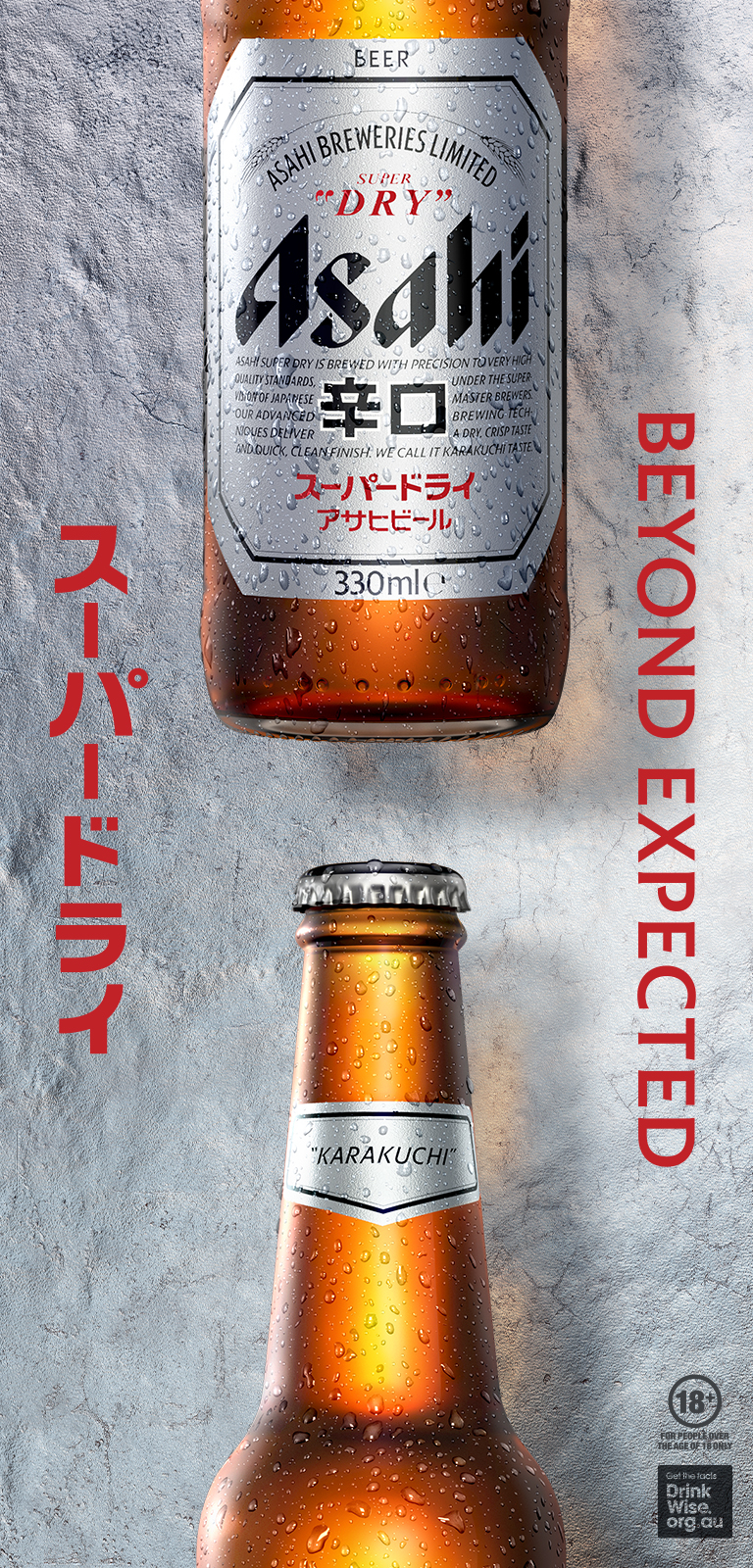After last week's discussion with Mitchell Taylor, Managing Director of Taylors Wines, about cracking the Chinese market, Drinks Trade continued the conversation with Wayne Ellis, who is the General Manager of one of Australia’s largest vineyard holders, Duxton Vineyards.
In this interview, Wayne Ellis explains his experience of major export markets globally, including insight into:
- the opportunities/challenges of key export markets around the world,
- Duxton Vineyards approach to launching into new markets,
- benefits of being sustainably certified, and
- how different markets such as China have changed over time.
Drinks Trade: So firstly, what is Duxton and what markets do you focus on?
Wayne Ellis: The overview is we're a large-growth winemaker in the Southern Murray Darling District. We operate about 2,400 hectares of wine grape vineyards… [and] we're the largest sustainable accredited grower and winemaker in Australia under the Wine Australia Sustainable Winegrowing Australia program.
We started our journey as just a wine grape grower, and then purchased a commercial winery back at the end of 2019, which we see as a value offering to the chain. Then we've spent the last five years growing and making wine for businesses globally, and we didn't have a brand. A few years ago we thought, well let's add a brand to the portfolio, which was domestic, and then we got in a partnership with Pinnacle Drinks, the production arm of Endeavour, and launched a sustainable brand, Rewild.
DT: How does this point of difference influence your approach when entering new markets, and does it vary market-to-market?
WE: When we go to market, like we are over here in China [currently], it's more about regenerative agriculture and sustainable initiatives; and letting the wine do its own talking… I don't think the consumer is that advanced. I don't think they've made purchase decisions on it. It's impacting the environments that they operate. Saying that, I was quite surprised yesterday that pretty much everywhere we went did have recycling bins, so it is definitely obviously what they're doing from a government point of view. I'm just not sure it's relating the way to the consumer as it is in, say, New Zealand. We launched and they are definitely focused.
[Also], I'm pretty sure [sustainability] won't be front of mind for the Indian market next week. Albeit, we're in Mumbai, they're very affluent, so it may be a surprise.
European markets that we're in, they are focused on it. And the North American market definitely is focused on it. We've just launched our sustainable brand Rewild in North America (in Vancouver, Canada, D.C.) last month, and they're extremely focused on the sustainable aspect of products. Not only our growing and winemaking, we also do an end-to-end minimalistic sustainable approach. So it's a lightweight glass, recycled sugarcane labels, recycled aluminium caps, recycled cartons. We try to leave the smallest footprint.
DT: When approaching a new market, do you adjust your offer to local demands/tastes or do you strictly align with company values?
WE: We talk about what we're doing and then try to adapt that dialogue to that as we are. It is still our belief that our practises of how we grow and make wine gives a good value proposition for the end product, and we don't change that. Our ethos is we're progressive, not perfect, and in everything we do, we do have a subconscious thought about the environment that we're trading in. And that, for us, is actually what we want to do.
We don't want to be false and just rebadge ourselves because we're in a different market. We want to badge ourselves as us. The wine's definitely good value, there's no problem with the wines that we produce at the price point, but our point of difference is what we're trying to do.
And even though a market may not be as advanced in its sustainable practises, the globe is catching up with itself.
DT: You’re in China at the moment… Was Duxton active in China pre-tariffs?
WE: No. We traded some bulk back then prior to the 2020 tariffs coming, but since the tariffs have come off - and really a lead-up, maybe a year prior to that - we've had a lot of interest from Australia-based Chinese visa holders. There's a visa inside of Australia called the 188, it’s a special condition visa and is actually for export and innovation trade. They've come to us because we are a grower and winemaker, so we offer spec wine for their products and our branded wines as well, which is why we're here [in China currently]: it's one of those customers who've invited us over to launch our brand and be part of the launch of their new cellar door.
DT: Have you found working with informal exporters been beneficial or detrimental to cracking the Chinese market with your own-branded portfolio?
WE: Definitely for us it actually has opened up the branded portfolio for us; and we're also using their distribution network.
We're a large growing organisation but a small commercial business, so we're not on the ground in China. The relationships that we're building with these Chinese visa holders has actually given us access to the market, which for us has been brilliant. So we did do OEM, so we produced wines for them, and we were doing the whole end-to-end. We were buying labels and bottles, and they were buying it and selling it from there.
With that, we tried to upsell ourselves and give them a prize for that. We started talking about our branded offerings and our point of difference, and they loved it, and that's what they've done: they've brought three of our brands, which will be on display this week and tomorrow in their new $20 million dollar cellar door that they're opening tomorrow.
So they are definitely in China, they're Chinese, but their visa access inside Australia (which for these individuals they have to export up to $300,000 a year of a product that's been made in Australia) at the moment this is linked to our business, which is awesome for us.
DT: How much opportunity do you see in the Chinese market and what’re the challenges?
WE: So we definitely won't have all our eggs in one basket.
Pre-tariff, an entry-level Cabernet, for instance, might have been sold at $1.30, $1.40. The global surplus, and definitely the Australian surplus in reds, predominantly means that our reds globally are the cheapest to purchase. Oversupply has definitely contributed to that. But - and it's not only the Chinese - [consumers] are now more aware of price than they were prior to the tariff. So if we would have offered a red at $1.30, we would have been selling the same red somewhere else for $1.10, but they now know that the globe is buying reds out of Australia at $0.60, for instance, for entry-level, so the price is $0.60. The challenge is actually just their awareness now of what the true value of the wine is, where before they were just buyers.
Also, predominantly they were gifting as well back then, so the upper echelon of the wine is an entry-level wine. Let's just say Penfolds wines that are $50 and above in a retail sense from an Australian, where we're not, we're $12 and below. But they buy a lot of it. We're selling a couple of million litres each through two different importers, where we didn't sell. I think we sold, prior to the tariff, 300,000 litres total.
DT: Do you think cost-of-living pressures may have encouraged this greater price awareness?
WE: No, I don’t. I travel a lot around the globe, and since COVID, and we've been able to move again, and I definitely think what we see inside Australia is actually an international challenge as well. So all markets that I've been to in the last 12 months all have that cost-of-living impact.
And you think where wine is, it's really not a staple…. People actually do in a crisis or in trying times still buy wine, but they are trading down, and they are looking for a better value proposition. And that's a tall segment. If you used to buy $30 bottles of wine, you'll now be looking for two $15 bottles of wine. You still may spend $30, but you'll be looking for a better value proposition, and we think that we're in that sweet spot.
DT: How about opportunity in other markets?
WE: Our largest export market at the moment is North America, and we've just launched a brand, [Rewild], but we've been selling bulk wine to the largest winemakers in North America for the last five years. So we're building on our quality/we're doing what we say we're going to do at the price points our customers think are fair, and then launching our brands if and when possible. And it's working for us.
We also sell into France, and we're having discussions with the largest winery in France, Le Branchet, who we sell bulk to, who are thinking about taking our brands in as an Australian import… We sell millions of litres to [France], and we're just one company.
DT: I understand you launched Rewild into Canada quite recently… How did you approach that launch?
WE: Yeah, so about five weeks ago we launched Rewild - Pinot Grigio and Cabernet - so one white, one red - which is the Australian category varietals, or the highest selling varietals in the Australian category.
We had a launch with over 100 people, which was not only wine people, it was influencers and environmentalists, all there at the launch… If you look at it from a marketing point of view, it's liquid to lips. The challenge from a seller is, how do I get ‘Cody’ to buy and pick it up off the shelf? I think once you pick it off the shelf and taste it, you'll see a value proposition that the wine does taste like it should taste, and that's a good price point, but the challenge is, how do I get you to take it off the shelf? And that's where we think our point of difference in the sustainable movement inside Australia, and it is resonating globally, and in North America as well.
[Previously], we were with LCBO (the Liquor Control Board of Ontario) with an earlier brand, but because we didn't have people on the ground over there, it was just another Australian product that the retailers weren't getting any TLC. Now we're going through one of our customers, a winemaker in North America, so their distribution is our distribution now.
If you were just trying to give it to a distributor, and you only had a book of 50, 100, 150 labels, if you're not giving them any market in trade support, which is money, the brand probably won't resonate to be a success.
DT: How do you increase the incentive/build relationships with distributors without having your own men on the ground?
WE: You have to have some rationale of how to give a retailer or an on-prem restaurant, club, or pub a reason why to buy, and part of that is a co-op, so you buy 12, you get 13, or you buy two cases, you get the third one at 50% off.
That's what we're doing with our customer base, and when we didn't do it, our brand was delisted in 18 months. It went in, had soft sales, and then wasn't making the retailer any footfall, so no one was taking it, and that's because we weren't supporting our brand in market.
DT: Duxton is active in quite a few markets… What aspects of your company/business model has helped you achieve this?
WE: So even though we're two and a half thousand hectares on the ground, we're quite small. So I'm the general manager, Tony is a winemaker, between us we're our commercial team, we're our marketing team, and we're our PR team - and that's resonating.
I think the thing that resonates the most is what we say we're going to do, we do. We generally start with yes, even if we don't know how, and we try to find a solution, and that's what's resonating across the globe for us. One of your questions was about if it is cutthroat now in China.
DT: Looking back, are some export markets easier to crack than others?
WE: New Zealand was easier, probably because of the location to Australia, but the rest are quite similar. We're pretty much morphing the model in UK and Europe, and that's what we're doing here inside of China, and that's exactly what we're doing inside of India: we've found a partner who is interested in our brand and our story, and we're supporting them because they’ve actually got people on the ground.
We're not a treasury that has a portfolio of 1,500 skus. This model for us actually is perfect where our investment is into a distributor and they bring our wines in as an import and we help them market that to the trade.
DT: How does the opportunity in export for a company such as Duxton differ to the opportunity for other larger/smaller wine producers?
WE: I think it's the same. Treasury are a behemoth and have all their internal field force and on-the-ground people. I think I still see us as we're-large-but-we're-small, because we're an individual business, we're just a large grower.
If you're a small producer and if you're just a winemaker and you're buying fruit and trying to launch a brand into a new market, it's about trying to do a partnership with someone who's already there.
DT: Lastly, how have the Rewild bagnums been performing domestically and has there been any demand in export markets?
WE: The bagnums are going great; we're getting a lot of interest. We're getting interest into China with the bagnums as well, and definitely North America, BC Liquor Board, are very interested in the format.
DT: Any plans to release canned wine offerings?
WE: We've just priced cans into China under our Rewild brand. We don't actually have it in there, but the can definitely gives us something to offer. We also don't have [Rewild] in bag and box, but North America is one country where the bag and box is the second largest category, so we do try to pitch what is either new, innovative or already in our market into the market that we're going into. Bagnum and can inside of China seems to be something that's new and there's definitely interest, and we're hoping to have it in Hong Kong before Christmas.
We offer a whole lot of concepts. We have printed cans so people can see it, they just don't have wine inside of them. The Bagnums we've got in market are just much easier and we can easily talk about that from a sustainability point of view, plus the wine stays fresh after opening for 30 days, so it gives you a point of difference with the consumer and shelf life for them once they purchase it.
//
Interview: How to build wine brands that sell, with Co-Owner of Fourth Wave Wine
Share the content
